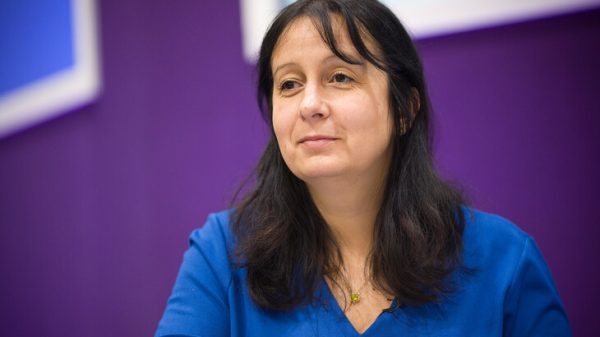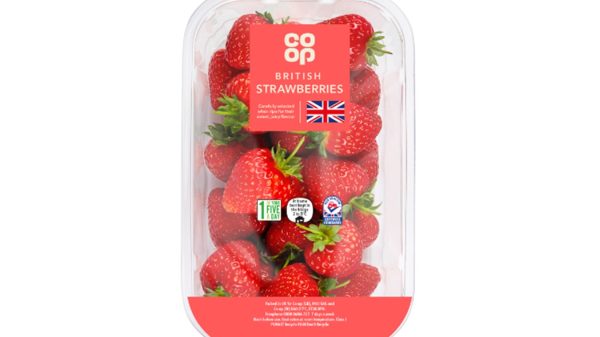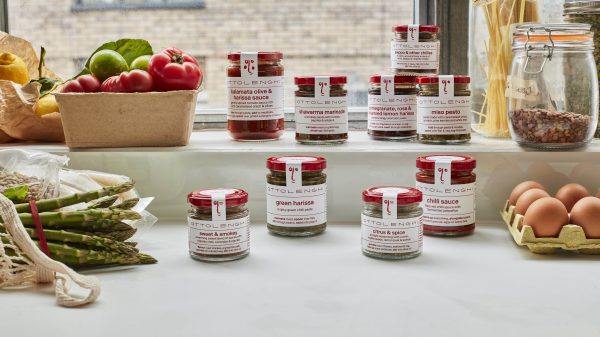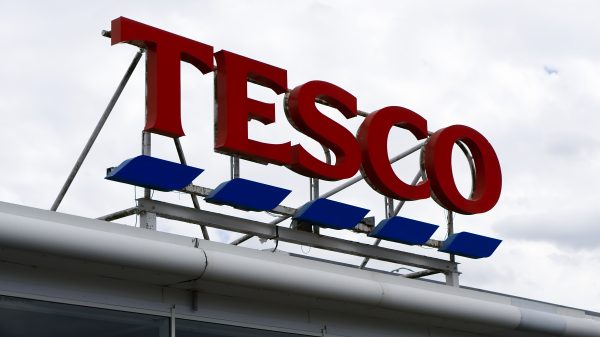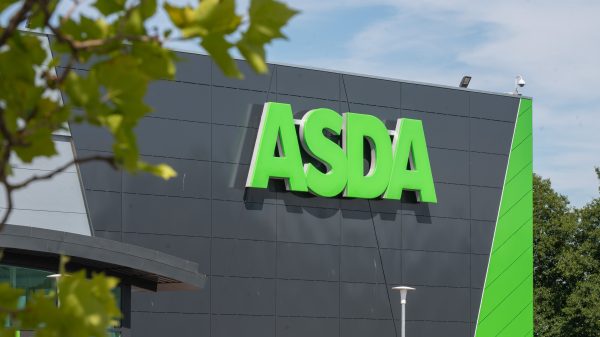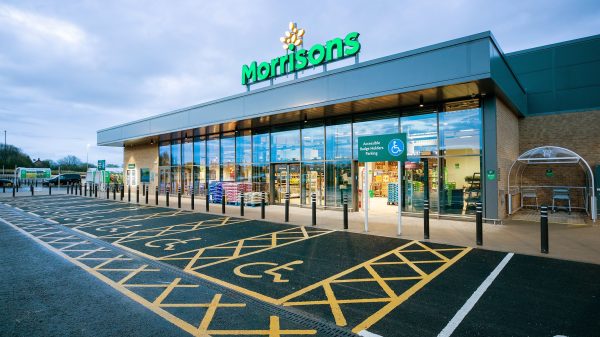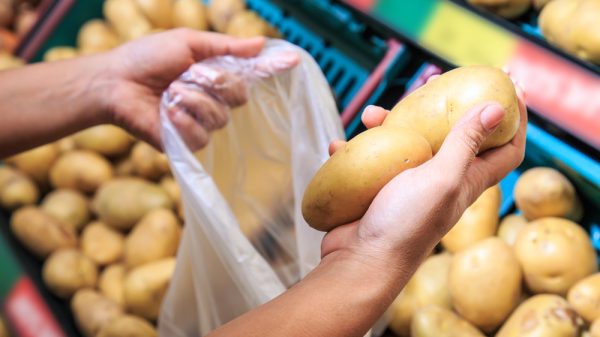Last week, the government scrapped its Covid ‘Plan B’ restrictions, allowing retailers to choose between enforcing a mask mandate, ‘encouraging’ customers to wear face coverings or to follow the new guidelines and let them do as they please.
With shop workers and other shoppers potentially being put at risk, the line between Covid restriction or protection – and retail policy versus government guidelines – has created an atmosphere of moral subjectivity in the pandemic era.
However, perhaps the most contentious debate in retail has been the policy to reduce sick pay for unvaccinated workers.
At first glance the debate lies in whether it’s an issue of incentivising vaccinations for health safety, discriminating workers on vaccination status or a way for companies to control financial slumps catalysed by the pandemic.
However, removing sick pay for the unvaccinated unveils a greater dilemma, revealing a public health care crisis of insufficient sick pay for lower-paid workers. But does the responsibility to ensure employees are properly paid while isolating fall onto the retailer or the government?
READ MORE: Plan B ends today but will face masks really be a thing of the past?
Who has cut sick pay?
Morrisons announced it would cut unvaccinated staff’s sick pay as early as September 2021 in a bid to repair the “biblical costs” of Covid-19 and encourage its staff to get jabbed.
The policy was confirmed in January 2022, with Statutory Sick Pay (SSP) offered to unvaccinated workers who were isolating due to exposure. SSP is just £96.35 a week – the legal minimum an employee can receive.
“Any colleague who tests positive or has any symptoms is entitled to normal company sick pay,” a Morrisons spokesperson clarified.
“Colleagues who need to isolate because they have been in contact with a positive case; and are unvaccinated (and don’t have mitigating circumstances which mean they couldn’t be vaccinated) are entitled to statutory sick pay.”
Last month, Ocado followed suit and announced it would also reduce sick pay for its unjabbed workers when isolating but testing negative.
The online grocer’s decision came during the peak of the Omicron wave which disrupted the food sector as employees had to isolate.
However, the CBI highlighted other ways that larger companies such as Morrisons and Ocado could cope with Covid-related absences; by hiring temporary workers and putting off non-essential work.
READ MORE: Shoppers threaten to boycott Morrisons over “discriminatory policy
Which retailers have ignored vaccination status?
Most UK supermarkets have not yet announced measures to reduce sick pay for unvaccinated workers. Instead of cutting sick pay to ease staff shortages, Tesco decided to hire 13,000 members of temporary Christmas staff to help cope with staff absences.
Prioritising health safety, Sainsburys ensured protections were still in place after “Plan B” was cut instead of reducing unvaccinated sick pay to incentive jabs.
Waitrose directly addressed the agenda, announcing that it wasn’t “going to make any change of this type” and highlighting how companies could be pro-vaccination and encourage jabs rather than forcing the issue via financial cuts.
“We’re hugely supportive of the UK vaccination programme,” John Lewis executive director for operations Andrew Murphy wrote on LinkedIn.
The retailer acknowledged the pandemic has given a “range of unappealing options” and assured it didn’t “cast judgement on the decisions of any other organisations.”
Murphy added: “We just don’t believe it’s right to create a link between a Partner’s vaccination status and the pay they receive.”
READ MORE: Waitrose owners “don’t believe it’s right” to cut sick pay for unvaccinated employees
Does cutting sick pay incentivise jabs?
The Trades Union Congress (TUC) responded to Waitrose’s statement that cutting sick pay is not the right way to encourage vaccination.
“Unions have been encouraging everyone to get vaccinated and boosted. But cutting sick pay is no way to encourage workers to get the jab,” said TUC general secretary Frances O’Grady. “It would be an own goal for public health too, risking further transmission of the virus.”
The issue of vaccination status affecting sick pay brings the inadequacy of Statutory Sick Pay (SSP) into sharp focus. At just £96.35 a week, the UK’s SSP – which is only offered to employees earning more than £120 a week – is the lowest in Europe.
TUC analysis also highlighted that the UK currently offers the worst real-terms sick pay in nearly two decades, with SSP worth £3 per week less than in February 2020.
Although the government recognised the need to increase SSP in 2019 it has yet to do so. In July, the government even backtracked on its decision to remove the lower earnings limit, which the TUC described as “abandoning low-paid workers at the worst possible time”.
“Statutory sick pay is simply not enough to survive on,” said Usdaw general secretary Paddy Lillis. “People who are ill shouldn’t be worrying about their finances and they shouldn’t be forced into work due to worries about paying their bills.”
Lillis added: “Sick pay needs to be paid from day one, at an individual’s normal rate of pay, and it should be paid to all workers.”
READ MORE: 267,800 workers self-isolating without ‘decent’ sick pay, TUC warns
Public healthcare failure
The lack of safety nets poses a significant problem. If retailers are given the power to dictate who is entitled to full sick pay, then the government must also ensure no worker is left struggling to make ends meet.
“It’s up to employers to determine their sick pay policies but we have been clear that employees who can’t work because they’re self-isolating may qualify for Statutory Sick Pay (SSP),” a government spokesperson from the Department of Work and Pensions told Grocery Gazette.
“Many employers choose to pay more than the minimum level and there is also a comprehensive package of financial support in place for workers who need to self-isolate – including a £500 payment for those on the lowest incomes who have been contacted by NHS Test and Trace.”
However, the TUC revealed that two-thirds of applications (64%) for the £500 payment scheme are rejected – “in part because the funding is too low and many workers are not aware of it”.
READ MORE: GG Investigates: What’s going on with food inflation?
While the industry debates whether vaccination status should determine sick pay, it ignores the larger pattern of austerity and inadequate SSP.
Workers’ rights should sit at the centre of this conversation. With a 10% increase of National Insurance tax set to hit in April, the refusal to cut VAT on home energy bills, and the economic consequences of a poorly-planned Brexit deal all creating a perfect financial storm – the last thing workers need is inadequate sick pay, whether they are vaccinated or not.
Click here to sign up to Grocery Gazette’s free daily email newsletter

